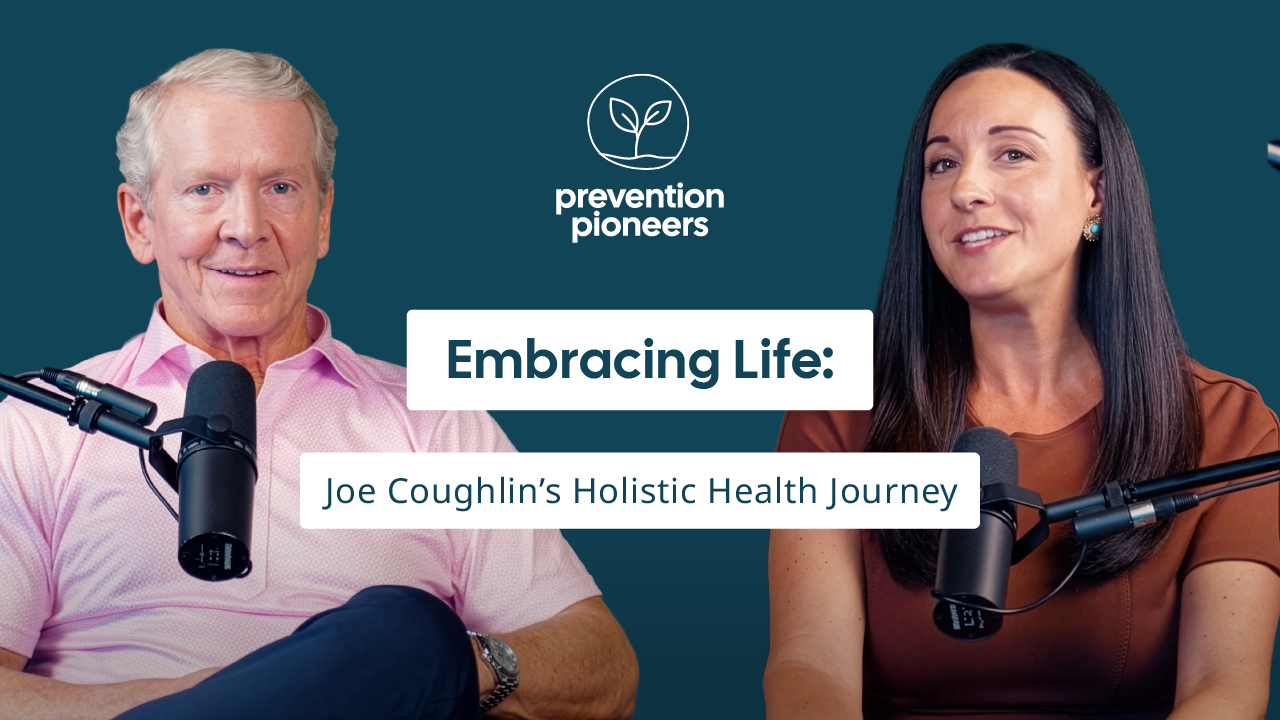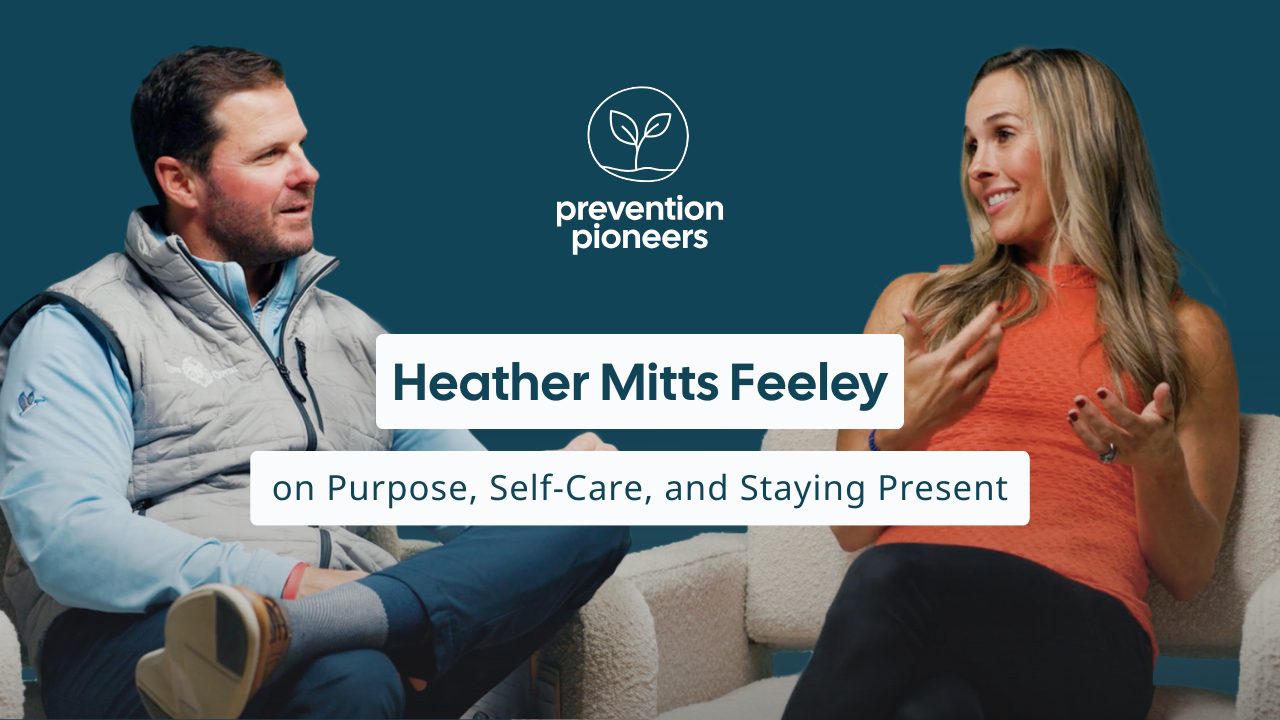What Most Leaders Get Wrong About Resilience

What does resilience mean to you?
Many would say it’s about staying strong in the face of adversity and life’s difficulties, and they would be right. But that’s not all.
The truth is, resilience doesn’t always mean being tough and taking all the hits; in fact, sometimes, it’s all about the willingness to be open and vulnerable—yes, even as a leader.
Someone who understands the power of resilience is our guest on the podcast this week, our very own founder, the amazing Mike Holloway.
Mike is also the founder of Futures Recovery Healthcare and Chief Investment Officer of his family office, GMH Communities. But more than that, he is someone who leads with heart. With over a decade leading behavioral health organizations, he’s seen the highs, the lows, and everything in between. And in this conversation, he opens up in a way most leaders don’t.
Laura and Mike talk about what resilience actually looks like. Mike also shares how therapy changed the way he leads, how he’s learning to prioritize family without letting go of professional drive, and what it really takes to build teams that stick around.
This discussion is a gold mine of great advice for anyone who wants to become a better leader and a better person.
Sounds like you?
Then don’t miss this episode!
Vulnerability Belongs in Leadership
Mike’s take on resilience flips the script. Rather than focusing on toughness, he talks about the power of being real with your team, owning your mistakes, showing your emotions, and building a culture where others feel safe to do the same.
That kind of leadership doesn’t just build trust, it creates lasting engagement. People want to work for someone who sees them as a whole person, not just a job title.
Therapy, Faith, and Family
In the episode, Mike also opens up about seeing a therapist for the first time in his forties, even after spending decades helping others in behavioral health.
It’s a reminder that even those who lead and serve need support too. Therapy, physical wellness, and spiritual grounding have become pillars in Mike’s life, and he talks candidly about how they’ve helped him become a better leader, parent, and partner.
He also shares how he’s learned (often the hard way) to prioritize his family, showing up for games, dinners, and the everyday moments that matter.
The Post-COVID Workplace and Work-Life Balance
Mike doesn’t sugarcoat the challenges of balancing work and life in today’s post-COVID world. He calls out a truth that many leaders are grappling with: the pendulum has swung. And now, it’s time to find real balance, where companies and employees both take responsibility for what a healthy work culture looks like.
His advice? Open communication, mutual accountability, and the courage to have difficult conversations when something’s off.
Creating a Culture That Keeps People Around
Many people on Mike’s teams have stuck around for a decade or more. That kind of retention isn’t luck, it’s the result of intentional leadership.
Mike talks about the small things that make a big difference: learning people’s names, checking in on their families, making time for real conversation.
Because in the end, people don’t leave companies, they leave cultures. And Mike has built one worth staying for.
Final Thoughts
This conversation reminds us that great leadership isn’t about having all the answers, it’s about being willing to keep learning, to stay human, and to lead from the inside out.
We discuss all of this in more detail in this episode, so make sure to tune in if you want to catch the whole conversation!


